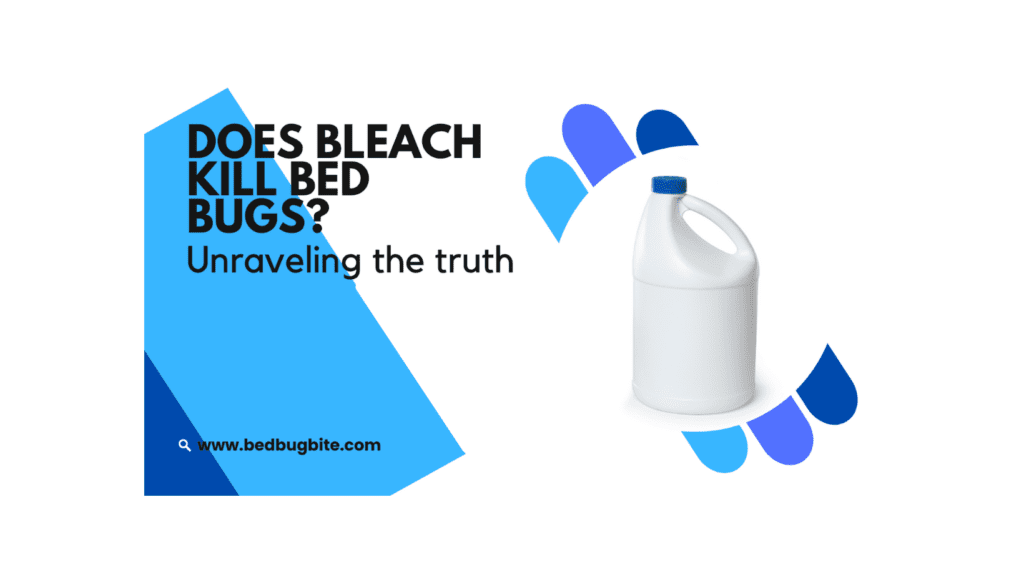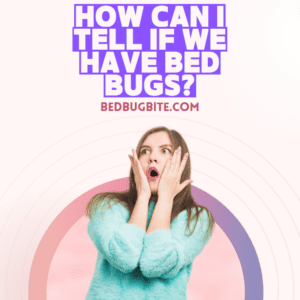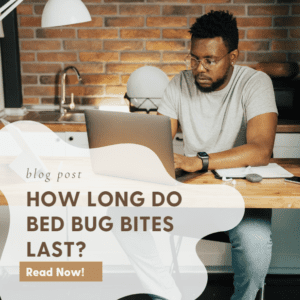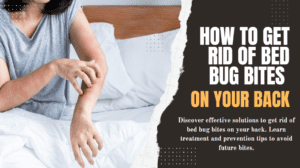Introduction
Are you at your wit’s end with a bed bug infestation, wondering how to combat these unwelcome guests? Many desperate homeowners have heard the old wives’ tale that bleach kills bed bugs and are tempted to put this theory to the test. This guide is here to shed light on this common myth and provide you with scientifically backed, effective solutions to your bed bug woes. From understanding the life and habits of these resilient pests, to exploring various control methods, this comprehensive guide is your roadmap to a bed bug-free home. Now, let’s unravel the truth: does bleach really kill bed bugs? Prepare to be shocked as we delve into the nitty-gritty of bed bug extermination.
Understanding Bed Bugs
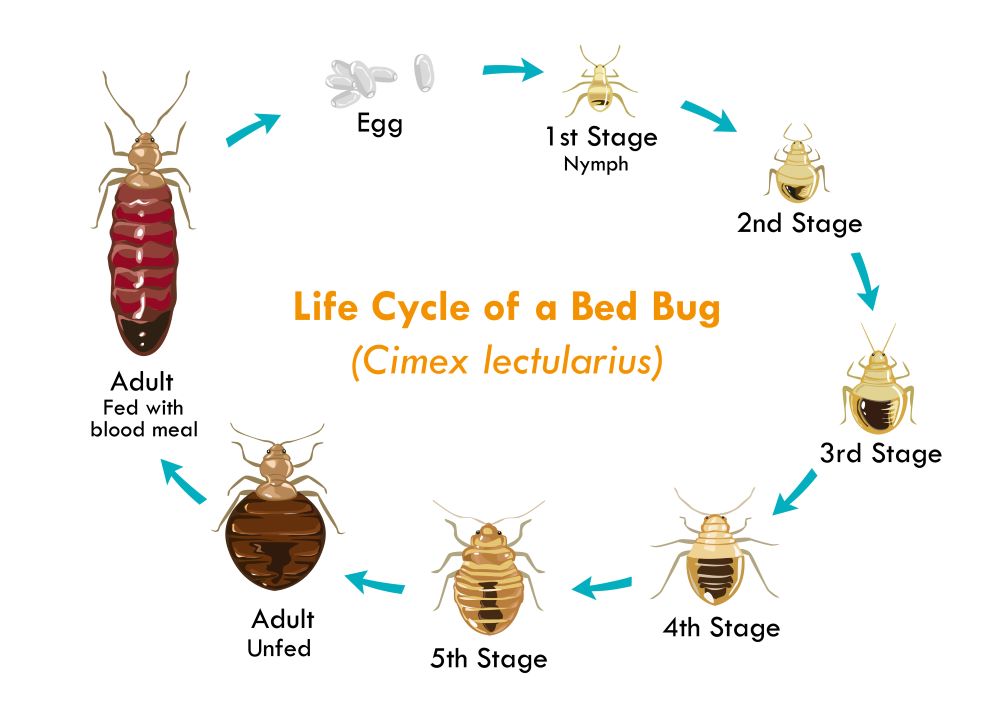
Do you know your enemy? Let’s first take a moment to understand these persistent pests before we dive into whether bleach can be their undoing. Bed bugs are small, oval insects that live on the blood of humans and animals. A fully mature bed bug is about the size of Lincoln’s face on a penny and has a reddish-brown color. Their bodies swell and become a brighter red after they’ve had a blood meal. Their life cycle includes the egg, nymph stages, and finally, the adult stage. These crafty critters have a knack for hiding in the smallest of crevices, making them extremely difficult to spot. Bed bugs leave tell-tale signs of their presence, such as dark spots of bug excrement on sheets and mattresses, blood stains on your pajamas, or an unpleasant, musty odor. Now that we have a clearer understanding of these nasty intruders, it’s time to address the burning question: can bleach kill bed bugs from our homes?
Does Bleach Kill Bed Bugs? Who would know?
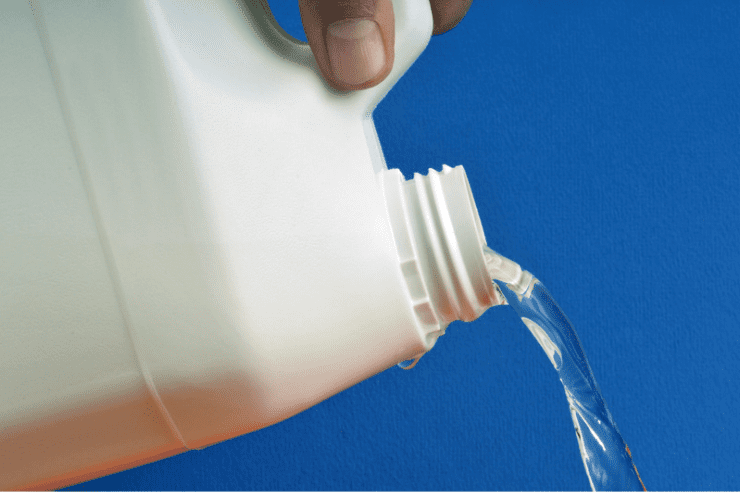
Will bleach, a common household cleaning agent, be the silver bullet to your bed bug problem? Bleach, or sodium hypochlorite, is a powerful disinfectant known to kill a wide array of bacteria, viruses, and molds. But when it comes to bed bugs, the story takes a surprising twist. Although bleach is potent, scientific studies and pest control experts cast doubt on its effectiveness as a bed bug killer. You see, while bleach may kill bed bugs on contact, it’s nearly impossible to saturate all the hiding places these sneaky creatures inhabit with bleach without damaging your furniture and risking your health. Bleach produces fumes that can be harmful if inhaled and it can cause chemical burns on skin. Moreover, using bleach as a pesticide could result in the discoloration of your furniture and fabrics. So, while it may seem like a simple solution, the evidence points to the contrary. Next, we’ll examine more effective and safe methods to reclaim your home from bed bugs.
Effective Bed Bug Control Methods:
Given that bleach isn’t the magic potion for bed bug extermination, what can we rely on instead? We’re glad you asked! While the challenge is real, several proven solutions can help rid your home of bed bugs. A professional exterminator is often the most effective method, using targeted and safe treatments to eliminate the infestation. If you’re more of a do-it-yourselfer, there are over-the-counter pesticides specifically designed to combat bed bugs. Products such as sprays, powders, and foggers can be powerful allies in this battle. There are also natural bed bug sprays that are less expensive and work sometimes just as well as pesticides.
Surprisingly, a non-chemical approach can also be an effective way to combat these pests. This includes using high heat or extreme cold to kill bed bugs in all stages of their life cycle, from eggs to adults. Tools like steam cleaners or commercial-grade freezers can be handy for this purpose.
Remember, each method comes with its pros and cons. For example, professional extermination can be costly and require you to vacate your home for a period of time. On the other hand, DIY treatments might be less effective if not applied correctly. The key is to understand your situation and choose a strategy that suits your needs and circumstances best. In the next section, we will discuss how to prevent a future bed bug infestation.
Preventing Bed Bug Infestations:
Once your home is finally free of bed bugs, the last thing you want is a repeat infestation. Prevention, therefore, is a crucial part of any bed bug strategy. Implementing routine checks can nip a budding infestation in the bud. Use a flashlight and a small mirror to inspect all potential hiding spots – under mattresses, behind headboards, inside electrical outlets, and even between books on your shelf.
When traveling, you should take care not to bring these unwanted pests home. Always inspect hotel rooms, especially beds and furniture, before settling in. Check underneath the mattress and look for blood spots and bed bug shells. Keep your luggage off the floor and use the luggage rack instead, preferably one that is metal as bed bugs find it harder to climb smooth, metal surfaces. You can also place your belongings in zip-lock bags.
Lastly, maintaining a clean environment can help deter these pests. This doesn’t mean bed bugs are attracted to dirt – they are only interested in your blood – but clutter can provide more hiding places for these critters. By following these prevention measures, you can reduce the likelihood of another bothersome bed bug invasion.
Debunking Other Bed Bug Rumors
Apart from the rumor that bleach can kill bed bugs, there are several other misconceptions swirling around these pests. For instance, many believe that bed bugs are a sign of poor hygiene or untidy living conditions. In truth, bed bugs are equal opportunity invaders, found in both clean and dirty environments as long as there is a blood meal to feed on.
Another rumor is that bed bugs can jump or fly to get to their meal. Unlike fleas or mosquitoes, bed bugs lack the anatomy for jumping or flying. Instead, they crawl out of their hiding places when it’s feeding time.
Finally, some think that bed bugs transmit diseases. Rest assured, while their bites can cause itching and discomfort, bed bugs are not known to transmit any diseases to humans.
By debunking these rumors, we hope to dispel the fear and stigma associated with bed bugs, providing a more informed basis for handling an infestation. To wrap up, we’ll summarize the key takeaways from our discussion.
Summary
To put it simply, the battle against bed bugs may be challenging, but it’s far from impossible. Contrary to popular belief, our investigation revealed that bleach is not an effective solution for exterminating bed bugs. The risks and potential damage far outweigh its uncertain benefits in this context. There are much better alternatives to using bleach for bed bugs.
We’ve explored several effective bed bug control methods that range from professional extermination to DIY treatments with specialized pesticides and even non-chemical methods. Remember, your choice should depend on the severity of the infestation and your personal circumstances.
Prevention is critical in ensuring these unwelcome guests don’t pay you another visit. Regular inspections, smart travel habits, and maintaining a clutter-free environment can significantly reduce the chances of an infestation. The key is prevention and fast extermination when it comes to bed bugs.
Finally, by debunking several bed bug rumors, we’ve aimed to replace fear and misunderstanding with knowledge and effective strategies. Here’s to a future free from the nuisance of bed bugs!

